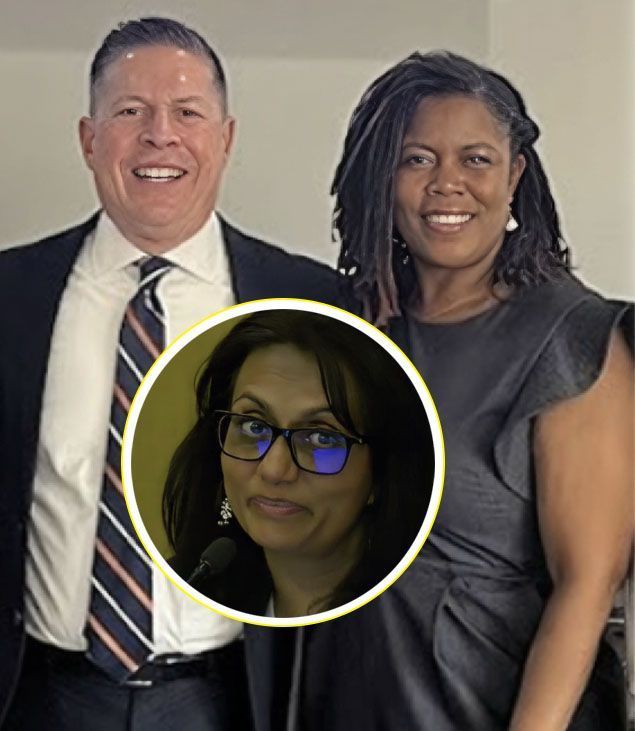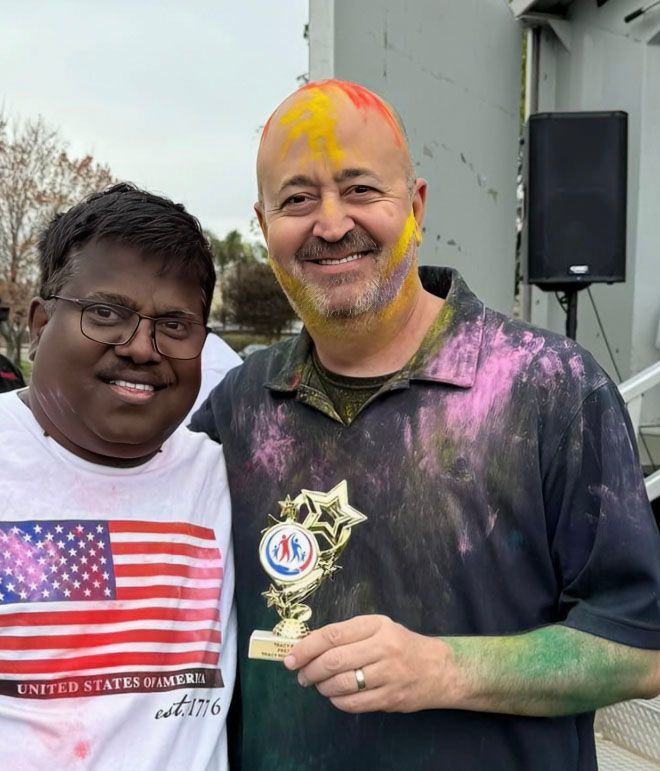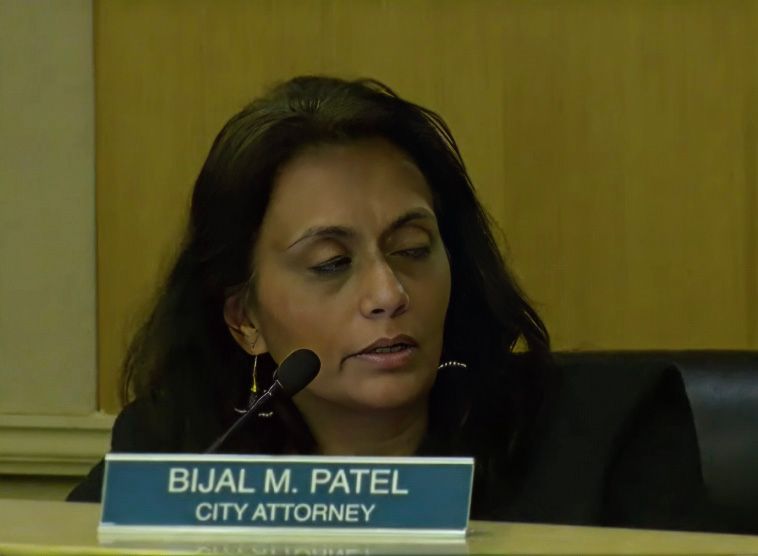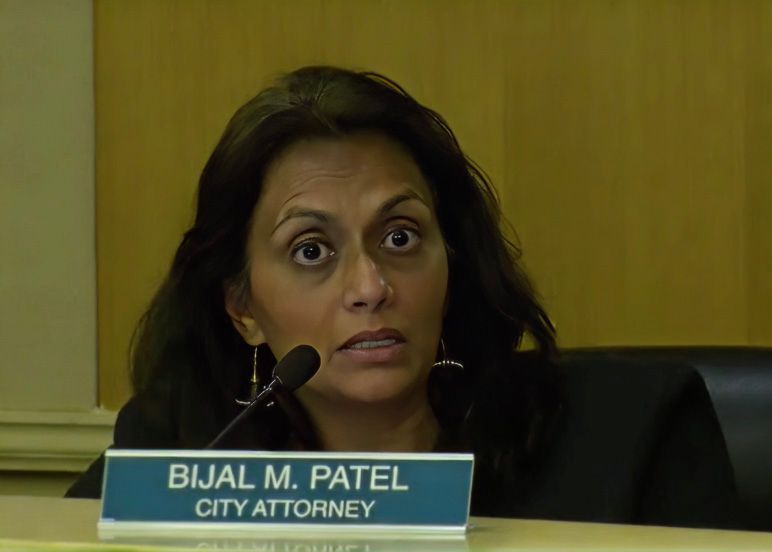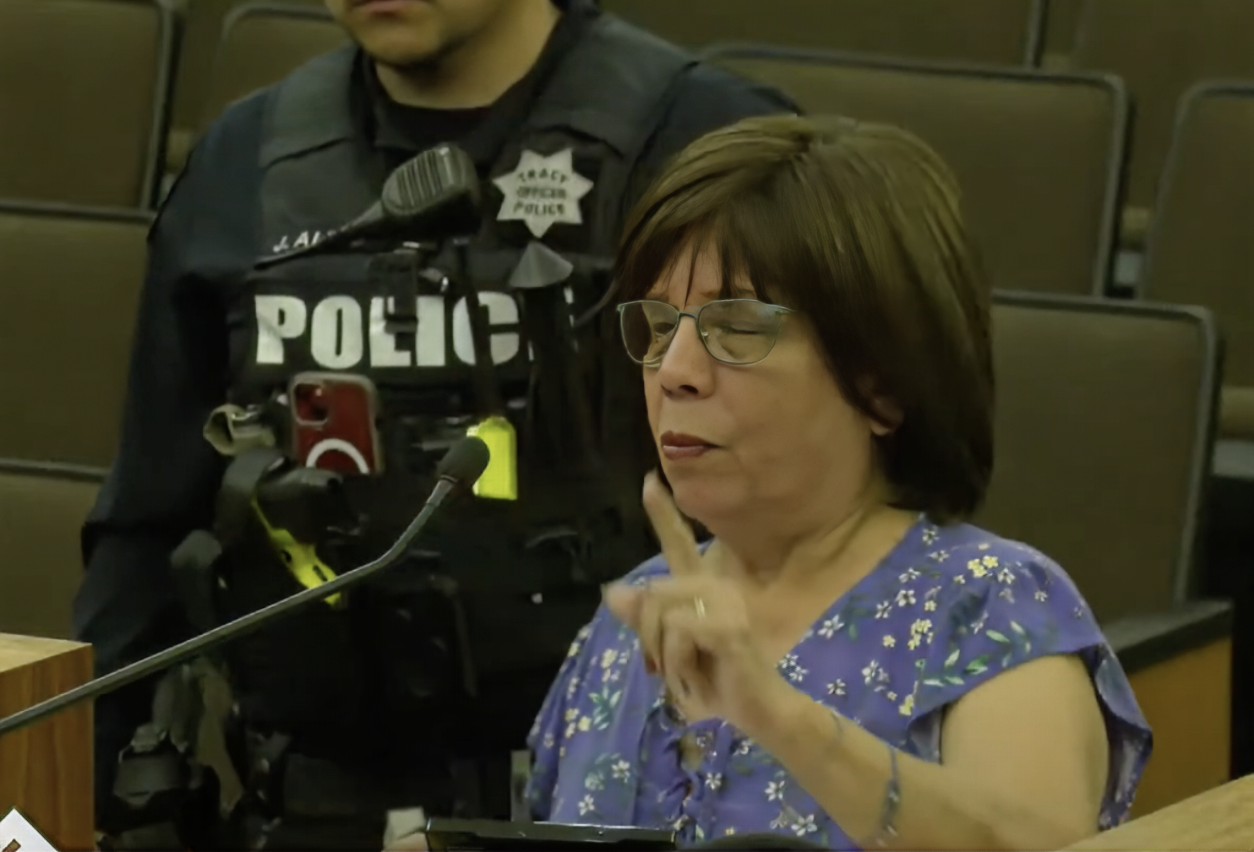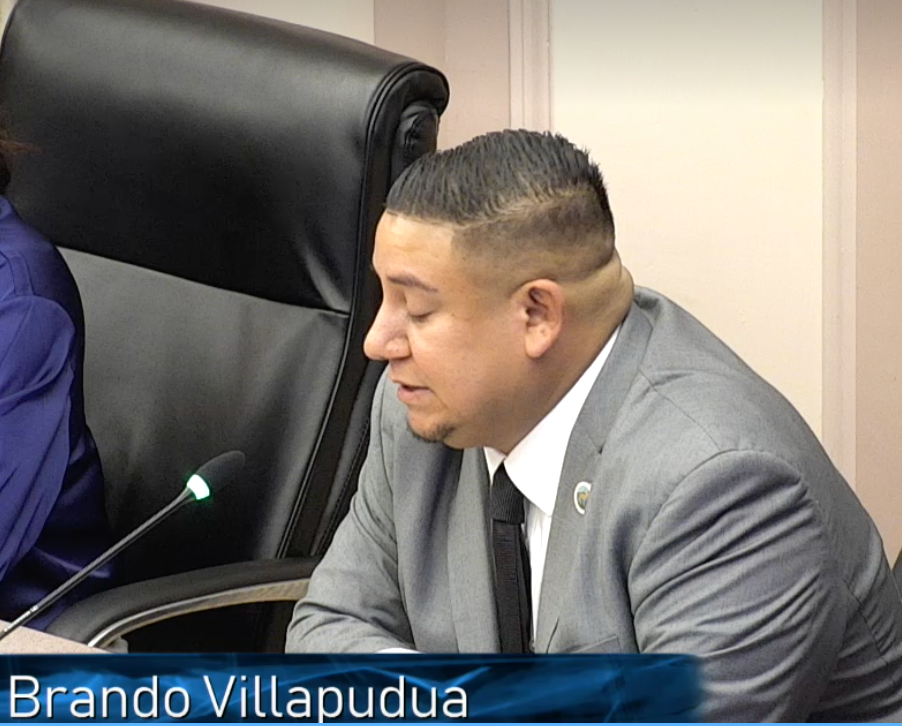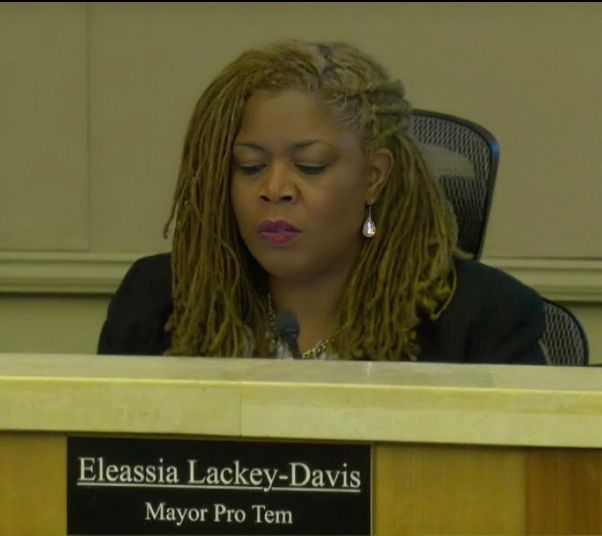Private Facebook Page Raises Questions About Nonprofit’s Political Use
Following the San Joaquin County Board of Supervisors’ recent approval of a $10,745 grant to the nonprofit managed by former political candidate Rosario Arulappan, questions are now being raised about whether taxpayer funds are being used for political purposes.
An investigation by Transparent Tracy has uncovered that Arulappan’s nonprofit organization may be involved in political campaigning activities.
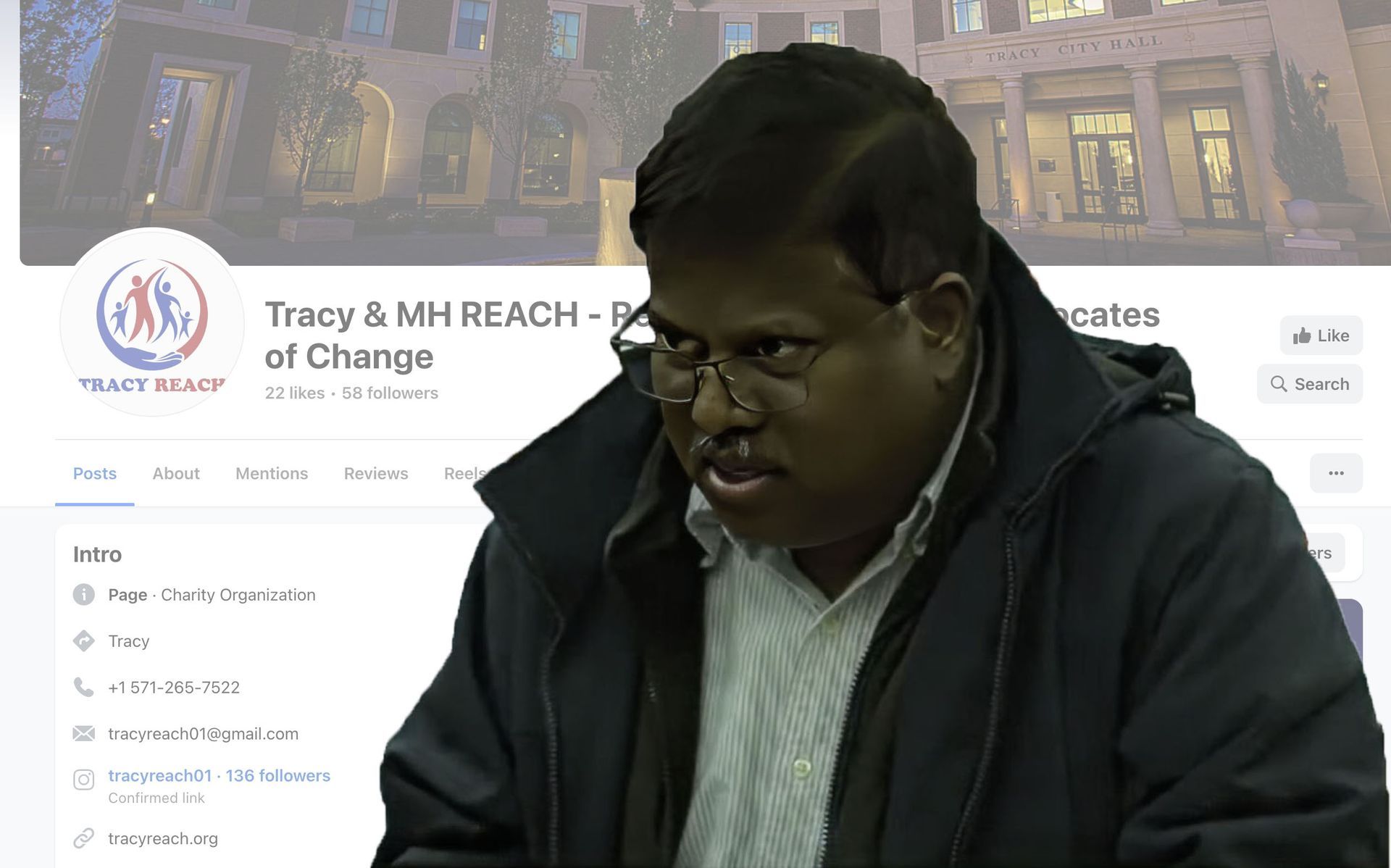
Under the Internal Revenue Code, all organizations described in Section 501(c)(3) are strictly prohibited from directly or indirectly participating in or intervening in any political campaign on behalf of or against any candidate for elective public office. This ban applies at the federal, state, and local levels. Violations can lead to loss of tax-exempt status and financial penalties.
Despite these restrictions, Arulappan used his nonprofit’s Facebook and Instagram accounts to promote political candidates, including himself.
Transparent Tracy obtained screenshots of Instagram posts that demonstrate direct involvement in electoral politics, raising concerns about whether the organization has maintained its required nonpartisan status.
Further investigation uncovered that the nonprofit is operating two separate Facebook accounts – one public and one private.
The private page, recently reviewed, showed a name change as recently as September 23, 2025, just six days after our initial story broke.
At one point, the page’s name was briefly switched to 'Patrick Rosario' before being reverted, suggesting a possible effort to present a more 'Americanized' identity ahead of future political campaigns.
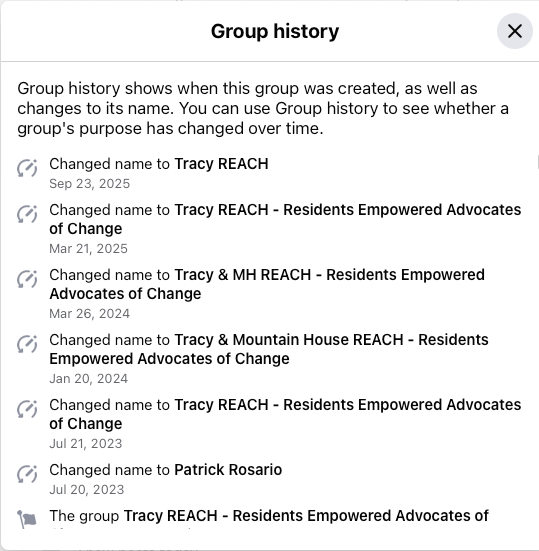
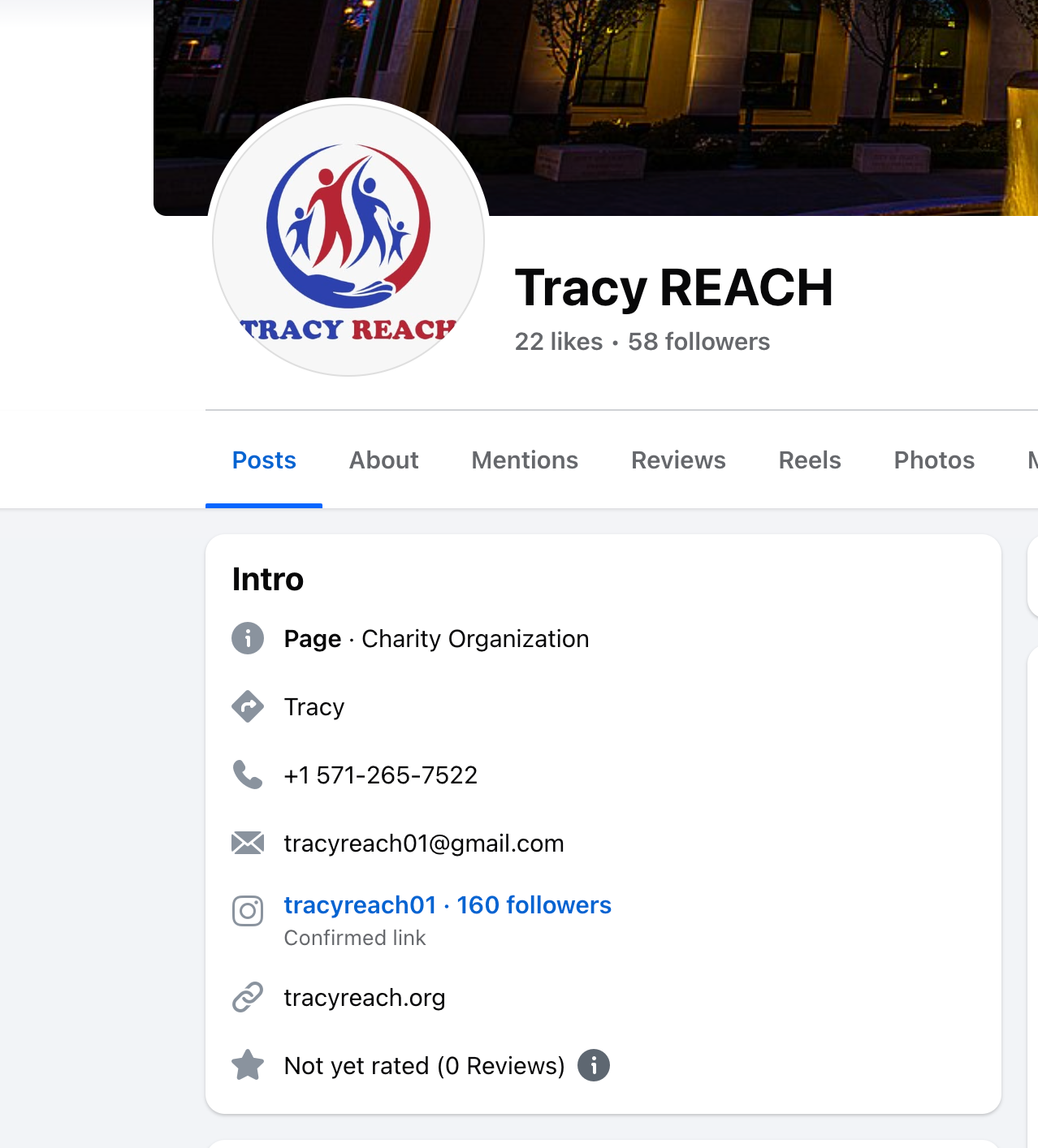
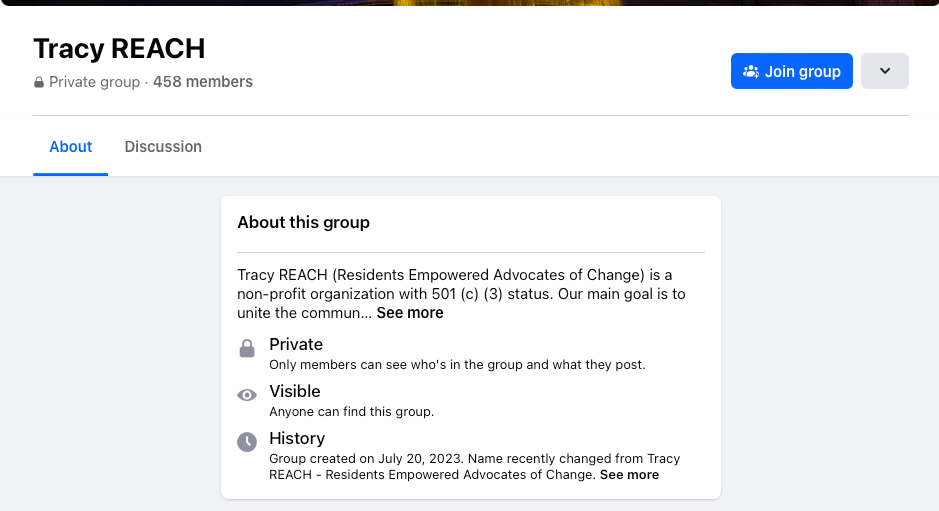
Taxpayers deserve to know whether public funds provided through the County grant are being used in compliance with federal law. Arulappan should make his private Facebook page public to reassure residents that his nonprofit is operating responsibly and in compliance with the law.
The situation highlights the need for stricter oversight to ensure that taxpayer-funded organizations do not use their resources to promote political agendas.
